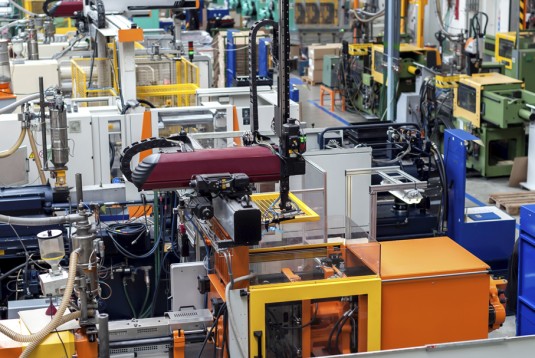
The robust Bay Area economy creates a tremendous number of jobs, particularly during times of economic expansion. But the workforce does not always have the technical, hard and soft skills to fill these positions and many people remain unemployed. We must continue to invest in education and workforce development across the continuum from early childhood education to the region’s world-leading institutions of higher learning. Only then can businesses get the skilled workforce they need and workers and their families have career and financial security. Addressing workplace inequalities between women and men is also essential for economic development. Millions of talented women are not given the opportunities they deserve to advance professionally, ultimately affecting their economic success and that of the companies they work for.










